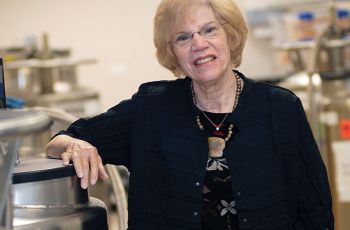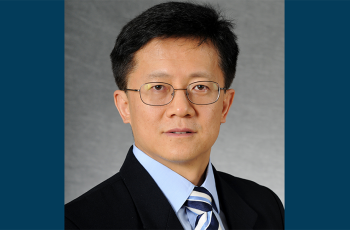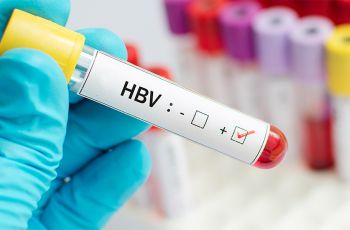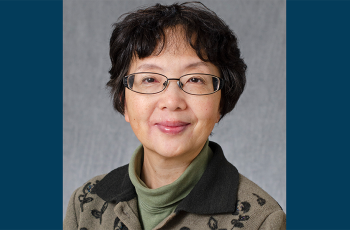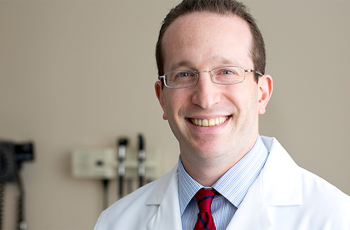Research News
At the George Washington University (GW) Cancer Center, listening to the needs of the community is a vital responsibility. That’s why in the city that has among the highest percentages of individuals who identify as lesbian, gay, bisexual, transgender, queer, or intersex (LGBTQI), the GW Cancer…
Humans, by nature, are complex; they’re sometimes puzzles to be studied and solved. On paper, they can be divided and classified, neatly sifted into categories based on codes and diagnoses and demographics; this makes them more decipherable, but no less fascinating.
HIV/AIDS currently affects more than 35 million people worldwide. Infection with HIV is associated with a wide range of long-term health complications, including the development of cancer, which is a major cause of death among individuals living with HIV.
A new study published in the Journal of Cancer Survivorship by Mandi L.
WASHINGTON (Aug. 16, 2019) - The extracellular regulated kinase (ERK) protein is an important mechanism behind platinum-resistance in platinum-resistant ovarian cancer, according to a study from a research team at the George Washington University (GW) Cancer Center.
An estimated 850,000 to 2.2 million people in the United States are living with Chronic Hepatitis B. A research team from the George Washington University (GW) received a $1.5 million grant from the Office of Minority Health of the U.S. Department of Health & Human Services (HHS) to reduce and…
A research team led by Yanfen Hu, PhD, professor of anatomy and cell biology at the George Washington University (GW) School of Medicine and Health Sciences and member of the GW Cancer Center, is studying the role of the tumor suppressor BRCA1 in the homologous recombination pathway of DNA double-…
Sun safety practices for attendees at skin cancer screening events differ from the general public, according to findings published by researchers from the George Washington University (GW) Cancer Center. The study was published in the Journal of Drugs in Dermatology.
Members of the George Washington University (GW) Cancer Center, including Mandi Pratt-Chapman, MA, associate center director for patient-centered initiatives and health equity, recently published several journal articles and patient-focused pieces highlighting the GW Cancer Center’s work in patient…
WASHINGTON (Oct. 31, 2018) - Due to their broad antitumor activity that inhibits the function of microtubules, taxanes are common chemotherapeutic agents utilized for the management of multiple cancer types from breast to prostate.


